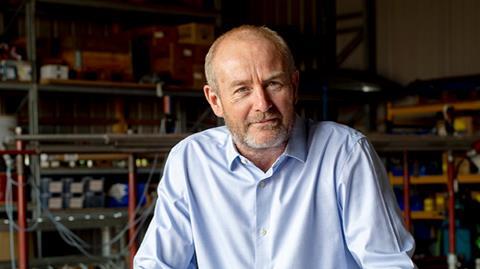
STA Technical has redefined the design of the emergency cabinet to meet the needs of non-manned petrol forecourts.
The East Anglian company worked with Gilbarco Veeder-Root to develop the new cabinet, and later with Bristol-based electrical contractor, AMGS Electrical, which specialises in filling station installations.
STA Technical director Warren Peters explained: “Working collaboratively with Gilbarco Veeder-Root initially and subsequently with AMGS Electrical exemplifies how we like to do business.”
Citing a range of problems with its existing emergency cabinet Gilbarco Veeder-Root commissioned STA to review the design and recommend improvements to it.
Terry Everitt, project manager for the pump manufacturer, commented: “There’s always been a host of rust and leak problems with the conventional cabinet. They’re cumbersome and heavy to move, which brings into play manual handling issues. Having just evolved over time, no consideration has been given regarding long-term durability or product improvement.
“We were delighted with the design STA presented to us and were particularly impressed they’d consulted with experts to ensure the new design reflects guidelines set out in the Highway Agency’s TR1000 build code for motorway communications equipment.”
Manufactured in two pieces the new cabinets are easily assembled into a single unit which overcomes transport and installation problems. In addition, STA cabinet’s communications capabilities have been updated with a weather- and vandal-resistant networkable audio-visual system.
Everitt added: “STA’s product development far exceeds what we were expecting and we’re now in full production, with an initial order of 40 already placed to meet customer demand.”
James Alker, managing director of AMGS said: “When I heard STA had a new cabinet design, I was keen to find out if they could help us. Experiencing a range of problems with our existing supplier, Warren and the team jumped at the challenge of designing a prototype in conjunction with our client Certas that precisely met our needs; and we’re now in discussions about rolling out manufacture.”























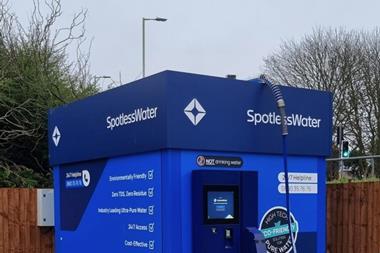

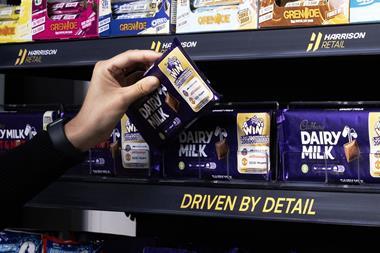
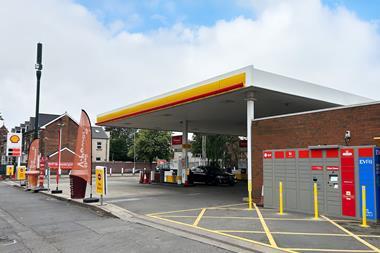
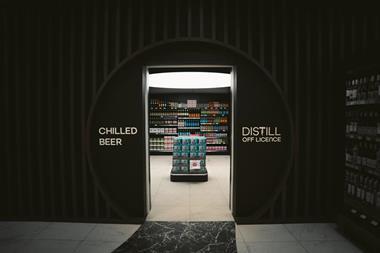
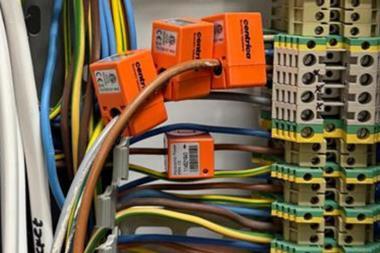
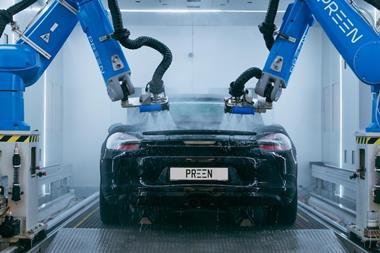


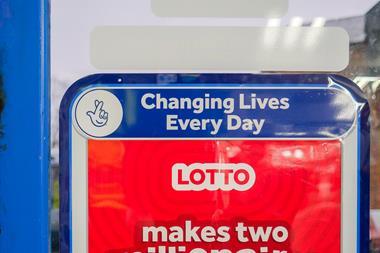
No comments yet